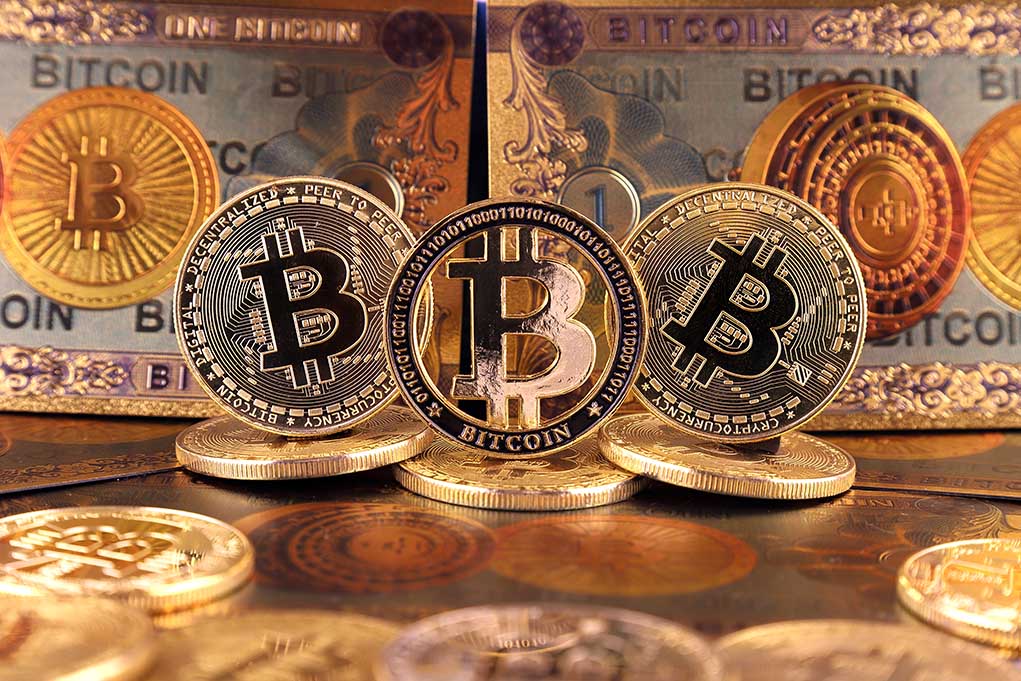
JPMorgan CEO Jamie Dimon will let clients buy Bitcoin despite calling it “worthless” and comparing it to smoking, highlighting the growing clash between traditional banking skepticism and market demand for cryptocurrency exposure.
Key Takeaways
- JPMorgan will allow clients to purchase Bitcoin but won’t provide custody services, instead using third-party custodians to minimize regulatory exposure.
- Despite enabling Bitcoin access, CEO Jamie Dimon remains openly critical, describing Bitcoin as “worthless” while comparing it to allowing clients to smoke despite personal disapproval.
- The bank’s decision follows the unprecedented success of spot Bitcoin ETFs, which have raised $42 billion since their January 2024 SEC approval.
- Bitcoin is approaching its all-time high of $106,734.51 as traditional financial institutions increasingly accommodate client demand for cryptocurrency exposure.
- JPMorgan’s limited involvement reflects a careful balancing act between meeting market demand and maintaining distance from direct cryptocurrency operations.
JPMorgan’s Cautious Bitcoin Entry
JPMorgan Chase, America’s largest bank by assets, has announced it will allow clients to buy Bitcoin, marking a significant shift in its cryptocurrency stance. The decision comes despite CEO Jamie Dimon’s persistent criticism of the digital asset. The bank will permit clients to purchase Bitcoin but won’t provide custody services, instead relying on third-party custodians to manage the assets. This approach allows JPMorgan to meet client demand while maintaining operational distance from direct cryptocurrency handling, minimizing regulatory and operational risks during this transitional period in digital asset adoption.
“We are going to allow you to buy it,” Dimon stated bluntly, while maintaining his personal position as “not a fan” of the cryptocurrency. This move represents a practical business decision rather than an endorsement, allowing the bank to service wealthy clients seeking cryptocurrency exposure without fully embracing the asset class. The bank’s strategy carefully navigates the growing mainstream acceptance of Bitcoin while acknowledging the persistent regulatory concerns that have made traditional financial institutions hesitant to fully integrate digital assets into their operations.
Dimon’s Unwavering Criticism
Despite enabling Bitcoin purchases, Dimon has not softened his criticisms of cryptocurrency. His comments reflect deep skepticism about Bitcoin’s fundamental value and concerns about its potential misuse. “I personally think that Bitcoin is worthless,” Dimon has stated unequivocally, doubling down on previous characterizations of the cryptocurrency as “fools gold.” His criticisms extend beyond questions of intrinsic value to more serious concerns about illicit applications, suggesting Bitcoin enables users to “launder money, avoid taxes, and do illegal things.”
“I don’t believe in it, but if you want to buy it, we’ll let you,” said Jamie Dimon, CEO of JPMorgan Chase.
The JPMorgan chief drew a striking analogy between Bitcoin and smoking, framing his position as one of reluctant tolerance rather than endorsement. “I am not a fan of it. We are going to allow you to buy it. And we’re not going to custody it. We’re going to put it on statements for clients. So, you know, I don’t think we should smoke, but I defend your right to smoke. I defend your right to buy Bitcoin, go at it,” Dimon explained, making clear his personal separation from the bank’s business decision to accommodate client demand.
Market Forces Driving Adoption
JPMorgan’s decision follows the remarkable success of U.S. spot Bitcoin ETFs, which have attracted approximately $42 billion since their January 2024 approval by the SEC. This development has fundamentally changed how traditional investors can gain cryptocurrency exposure, allowing financial advisors to incorporate Bitcoin into client portfolios without directly managing the digital assets. The ETF approval represented a watershed moment for cryptocurrency legitimacy in traditional finance, creating pressure on established institutions like JPMorgan to respond to growing client interest despite lingering reservations.
“When I look at the Bitcoin universe, the leverage in the system, the misuse,” said Jamie Dimon, CEO of JPMorgan Chase.
Bitcoin’s current trading range near historical highs underscores the market’s bullish sentiment, with prices approaching the record level of $106,734.51. JPMorgan’s own performance reflects broader market strength, with shares rising over 10% and outperforming the S&P 500. This move by JPMorgan may encourage other conservative financial institutions to reconsider their cryptocurrency stance, particularly as the regulatory landscape continues to evolve and client demand for digital asset exposure persists despite the vocal skepticism from banking leaders like Dimon.
Strategic Distancing While Meeting Demand
JPMorgan’s approach demonstrates a carefully calibrated strategy that acknowledges market realities while maintaining institutional distance from direct cryptocurrency operations. By allowing purchases but outsourcing custody to third parties, the bank creates a buffer against operational and regulatory risks associated with digital assets. This represents a significant shift for JPMorgan, which previously limited cryptocurrency exposure to futures and structured notes, reflecting the growing normalization of Bitcoin within traditional finance despite continued executive skepticism about its fundamental value proposition.
“We have been talking about blockchain for 12 to 15 years. We spend too much on it. It doesn’t matter as much as you all think,” said Jamie Dimon, CEO of JPMorgan Chase.
Ironically, while Dimon remains critical of Bitcoin, JPMorgan has been actively exploring blockchain technology through its Kinexys platform, which recently tested tokenized U.S. Treasury settlement on a public blockchain. This technological experimentation contrasts with Dimon’s public statements downplaying blockchain’s importance, highlighting the complex reality facing traditional financial institutions as they navigate the evolving digital asset landscape. The bank’s actions reflect a pragmatic business approach that separates client service priorities from executive skepticism about cryptocurrencies.

